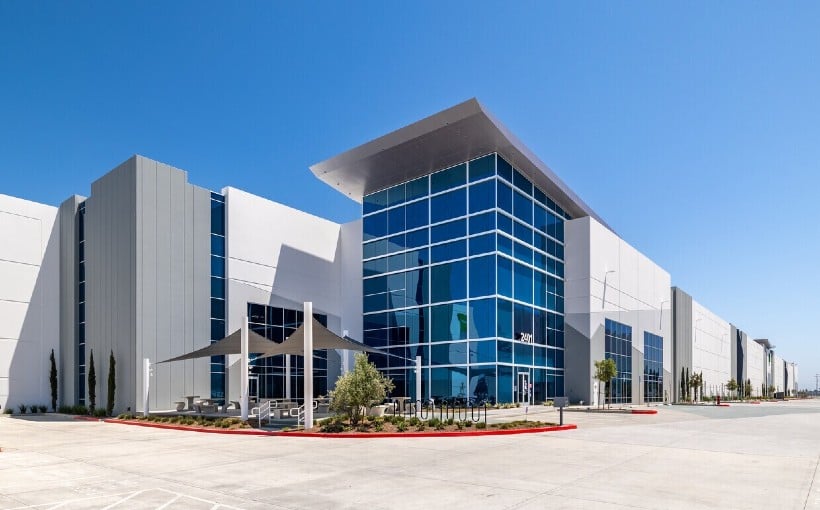The incorporation of artificial intelligence (AI) in the life sciences industry has revolutionized various processes such as drug development, patient outcomes modeling, and supply chain management. In fact, according to a recent CBRE article, AI will also have a significant impact on real estate portfolios within the life sciences sector.
One major effect of AI is the increased demand for electricity and power in data centers. This is due to the use of graphics processing units and liquid cooling systems to manage heat generated by AI technology. As a result, there will be changes in data center design and technology to accommodate this rising power density need.
Moreover, with an expected increase in demand for data centers driven by AI adoption, there will be a need for collaboration between business leaders, technology experts,and real estate stakeholders. This strategic approach will ensure that data center supply meets demand effectively.
In terms of office design and headcount within the life sciences industry,AI adoption will lead to improvements in workspace quality as well as an increasein collaborative spaces.This is because skilled workers who are essential for operating AI systems require better working environments with modern amenities.Additionally,the evolving worldof biotechnology requires innovative workspaces that can inspire creativity among employees.
While certain areas have already seen significant advancements throughthe useofAI,suchasdrugdiscoveryanddevelopment,it’s still relatively new territory with most drugs still being at preclinical or discovery stages.Accordingtothearticle,a totalof 75 molecules discovered using A Ihave undergone clinical trials since 2015witha success rate up to90%in first-phase trials.However,noAIdiscovered drughas been approved yet,making it difficultto predict its full impact on clinical outcomes.The uncertainty surrounding these drugs highlightstheneedforflexibilitywithinofficeandlabspaceinthelife scienceindustryregardlessofsizeor type,in orderto accommodate future developments relatedtoAI-baseddrugs.
Despite this uncertainty about the full potential of AI in life sciences, companies should start preparing their real estate portfolios for its future requirements. This includes maintaining flexibility to adapt to any changes that may arise while also ensuring that their current workspace meets the needs of skilled workers.
In conclusion, AI has already made a significant impact on various aspects of the life sciences industry and is expected to continue shaping it in the future. As such, it’s crucial for companies within this sector to stay ahead by incorporating AI into their processes and preparing their real estate portfolios for its influence.




